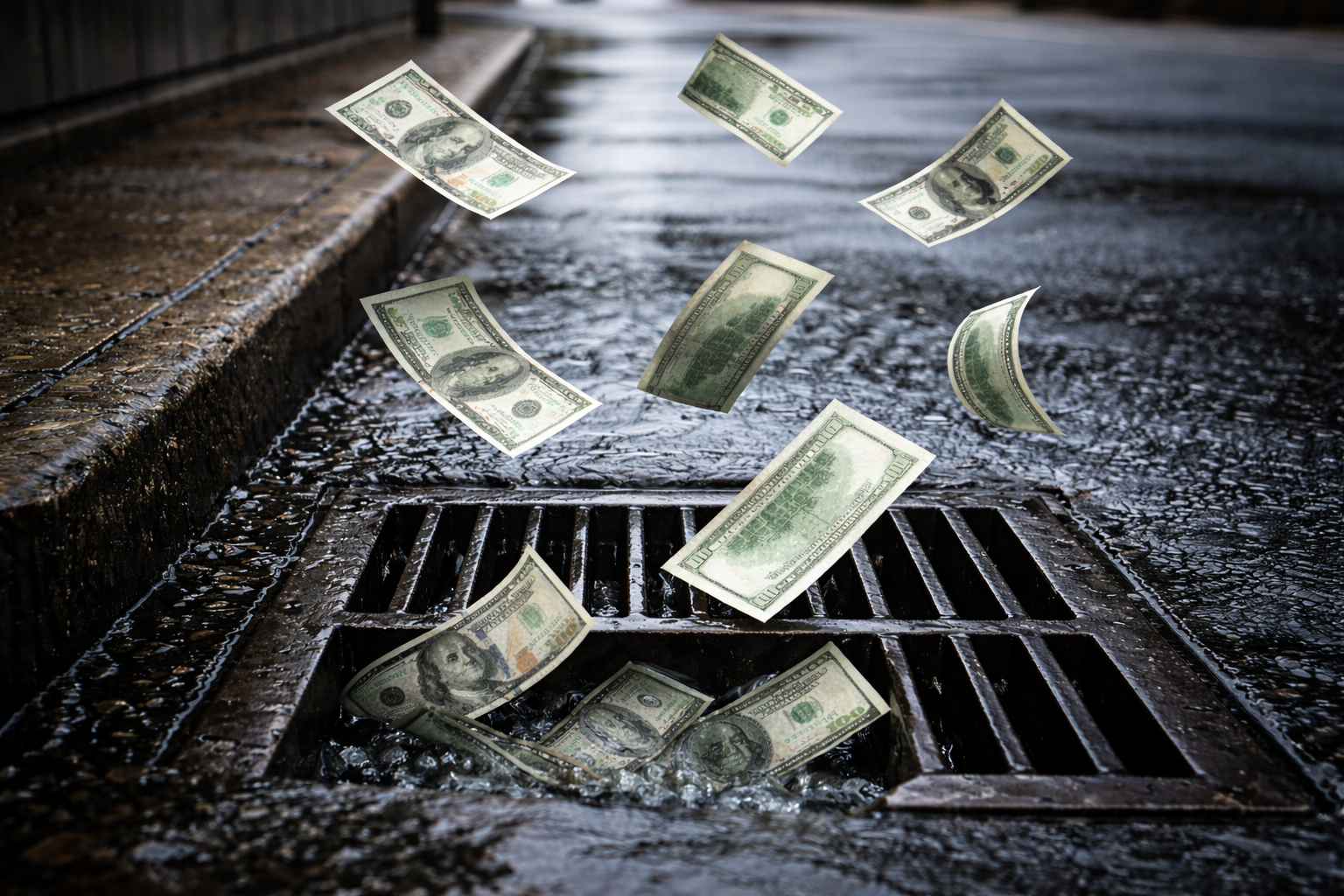Valuing an Auto Parts Store

Entering the auto parts store market as a new business presents challenges, such as increased consolidation and heightened competition. Major companies, including Autozone, command nearly 60 percent of the industry's market share, leading to a slight profit decline for smaller entities. Despite these hurdles, the auto parts sector boasts over $81.1 billion in revenue, a figure expected to grow. With strategic planning, launching a profitable auto parts store is achievable. A crucial initial step is grasping how to appraise an auto parts store's value, whether for acquisition, expansion, or sale purposes.
Learning the ropes of auto parts store valuation involves undergoing a professional business appraisal. A business valuation firm, specializing in various industries including auto parts stores, offers this service. Such firms are dedicated to aiding auto parts stores in achieving success and can furnish you with a valuation for purchasing or selling purposes. They are also available to address any inquiries about the valuation process. Engaging in a consultation with a business valuation specialist is advisable.
Valuing an Auto Parts Store
Business appraisers typically employ the market and/or income approaches to evaluate an auto parts store. The chosen method depends on the nature of the business transaction and the appraisal's objective. Valuation professionals, through comprehensive training, decide on the most fitting approach, possibly integrating multiple methodologies.
Market Approach in Valuation
The market approach, akin to real estate appraisal techniques, is frequently utilized for small business valuations. It involves comparing the auto parts store against similar businesses that have recently been sold, using data from private transactions if necessary. Factors like risk, financial performance, and key value drivers are analyzed to determine appropriate valuation multiples. These multiples are then applied to ascertain the auto parts store's fair market value. The article further explores common valuation multiples employed in this process.
Income Approach in Valuation
The income approach is another prevalent valuation method, focusing on assessing the auto parts store's risks. Considerations include the store's location, supplier relationships, competitive landscape, and financial health. These elements are crucial for profitability and success.
Methods of Income Approach Valuation
Two primary methods under the income approach are the capitalization of cash flow and discounted cash flow methods. Each method is suited to different scenarios, based on the auto parts store's financial history and forecast reliability. The capitalization of cash flow method is ideal for stores with stable histories, calculating economic income over a period and applying a capitalization rate. The discounted cash flow method, suitable for stores with solid financial projections, estimates the value of future cash flows, applying a discount rate to account for risk and potential growth.
In Summary
Valuing an auto parts store involves multiple methods and considerations. Understanding which approaches and multiples apply to your specific situation is crucial when buying or selling. Receiving a professional business appraisal is the first step in this process, offering insights into valuation techniques and strategies to enhance your auto parts store's value.



